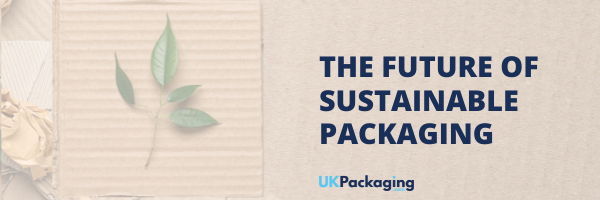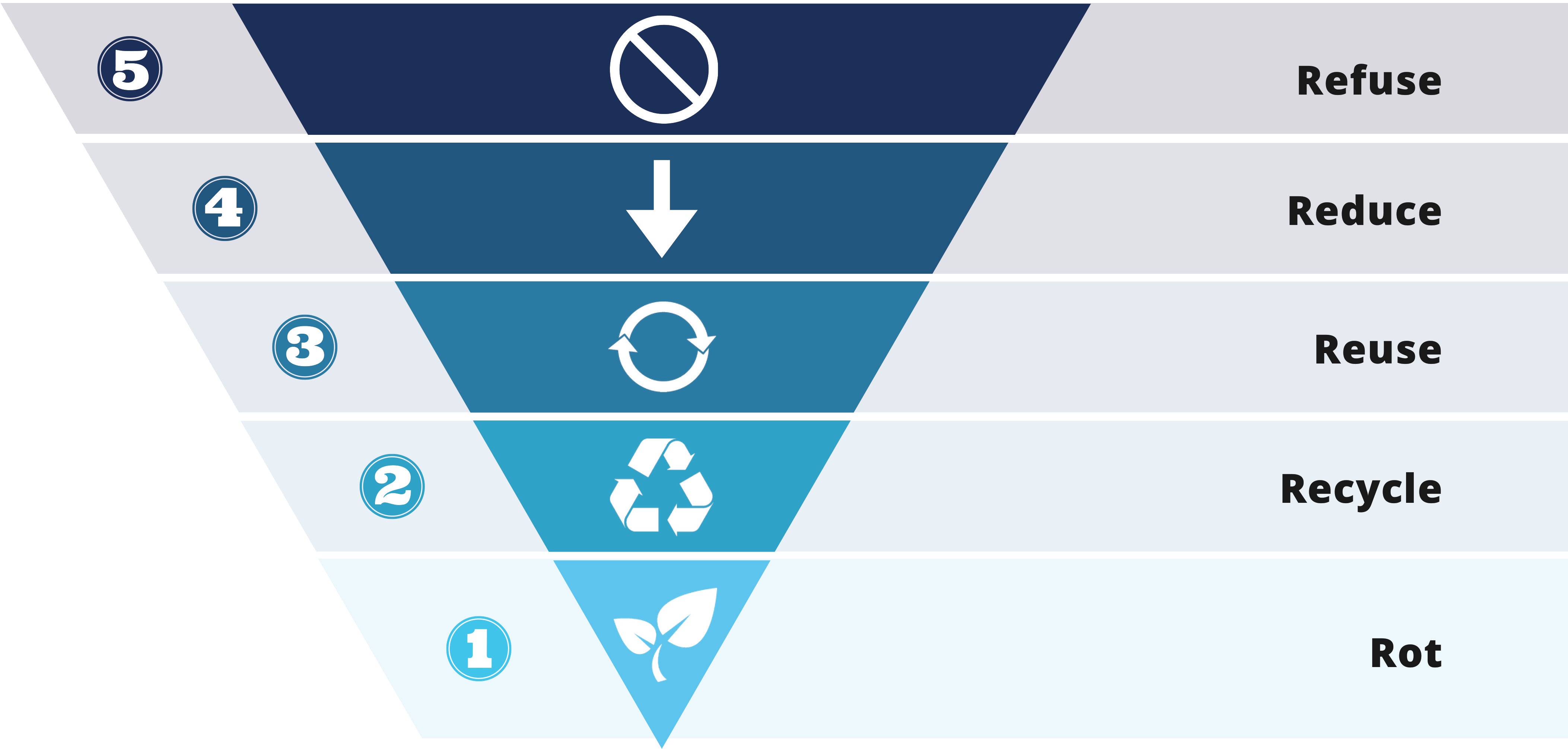The Future of Sustainable Packaging
Sustainable packaging is no longer solely based on the effect of the materials and their waste on the environment, but also the long term social and economic factors involved in the production and supply of that packaging. In this blog, we look into what the future holds for susainable packaging in the UK.

Sustainable packaging is no longer solely based on the effect of the materials and their waste on the environment, but also the long term social and economic factors involved in the production and supply of that packaging.
Sustainability has different meanings to consumers and businesses, depending on their personal circumstances. Making packaging sustainable involves a focus on the wider picture, and the entire lifecycle of the packaging itself; supply chain, basic function, marketing, consumer usefulness, and finally, end of life.
Essentially, sustainable packaging should be a feasible solution for a company financially, whilst also meeting consumer expectations of being sustainable, biodegradable, recyclable, or compostable). There is an argument to be put forward that, although all of these are indeed sustainable, so too is the use of reusable and returnable packaging (usually plastics) when correctly used.
In the UK, the Department for Environment, Food and Rural Affairs (Defra) collects key statistics on waste and recycling to track sustainability. Statistics on waste with relation to recycling rates and landfill usage are typically split into two categories; Waste from Households (WfH) and Biodegradable Municipal Waste(BMW).
WfH is the measure used to report household recycling in compliance with the Waste Framework Directive, whilst Biodegradable Municipal Waste is calculated in accordance with the Landfill Directive. The Landfill Directive comprises of three UK targets to meet based on a percentage of the 1995 tonnage (when 35.7 million tonnes of BMW was sent to landfill). These targets are as follows:
• No greater than 75% by 2010
• No greater than 50% by 2013
• No greater than 35% by 2020
As of 2017, the tonnage of UK BMW which was sent to landfill measured in at 21% of the initial 1995 baseline, easily meeting the 2020 target as set above. Meanwhile, the target for the recycling rate of WfH is currently set at 50% by 2020, with the UK falling short of this at only 45.7%.
Most UK consumers are first introduced to the concept of sustainability through the 3R policy - reduce, reuse, recycle - however many conservationists and environmental activists have since increased this to 5R's; refuse, reduce, reuse, repurpose, and recycle.

This keener focus on sustainability and the environment has also led to a wave of change throughout the packaging industry, with businesses evolving their in-house capacity to increase innovation. Examples of this include the manufacture of films made of over 90% recycled PET, and recyclable flexible packaging.
This also falls in line with the 2018 UK Plastics Pact, as launched by WRAP (Waste and Resources Action Programme) and signed by companies such as Unilever, Coca-Cola, and numerous UK supermarket chains.
The targets proposed by this pact include:
• 100% of plastic packaging to be reusable, recyclable or compostable
• 70% of plastic packaging to be effectively recycled or composted
• An average of 30% recycled content across all plastic packaging
• Taking action to eliminate problematic or unnecessary single use packaging
This boom in sustainability awareness has also led to an increase in independent businesses that offer alternatives with a reduced environmental impact. Examples of such companies include Rêve En Vert, Gather and See, and PHB Ethical Beauty. Meanwhile, larger companies such as LUSH and Waitrose are altering their packaging to help lead the way for sustainability in big business.


